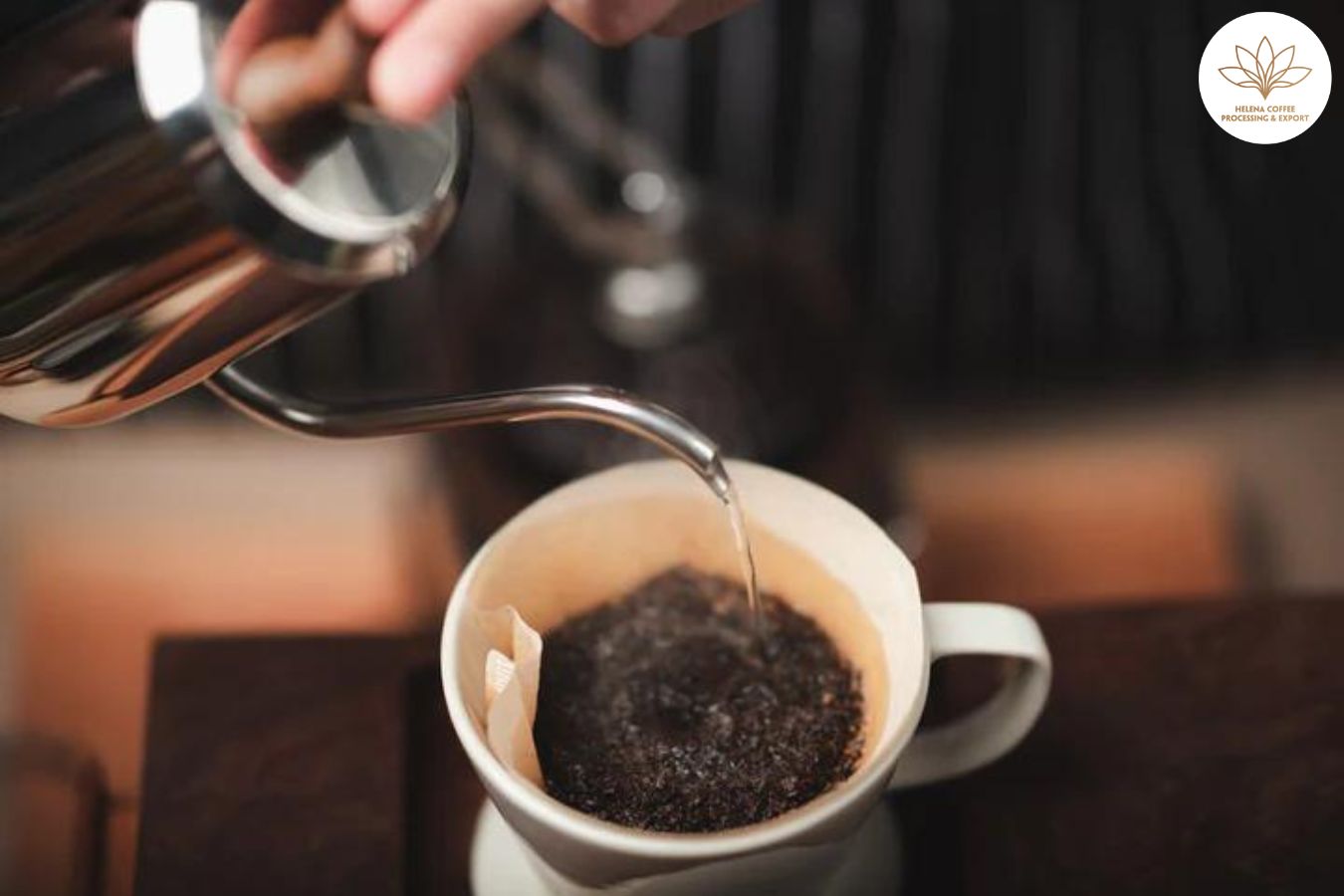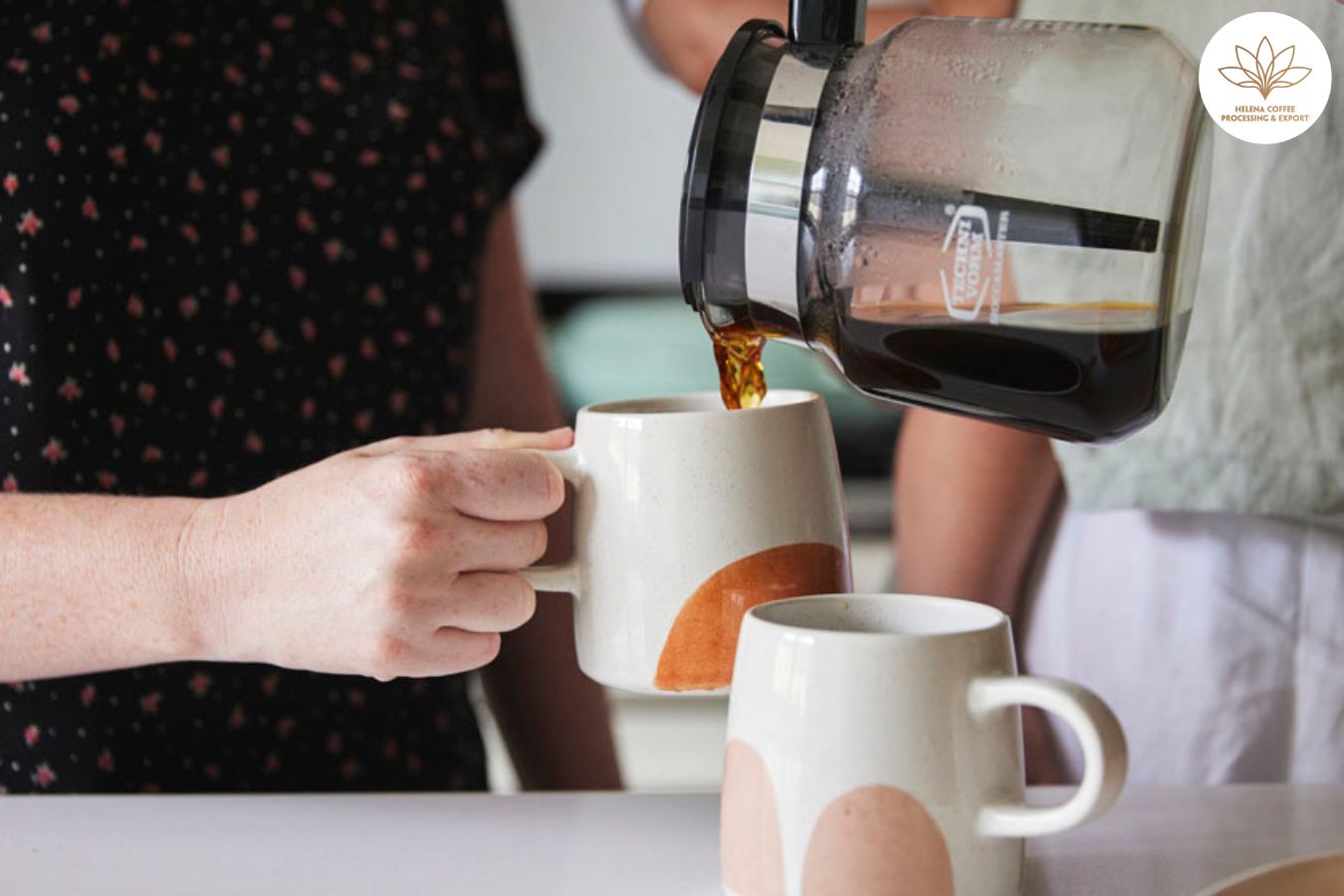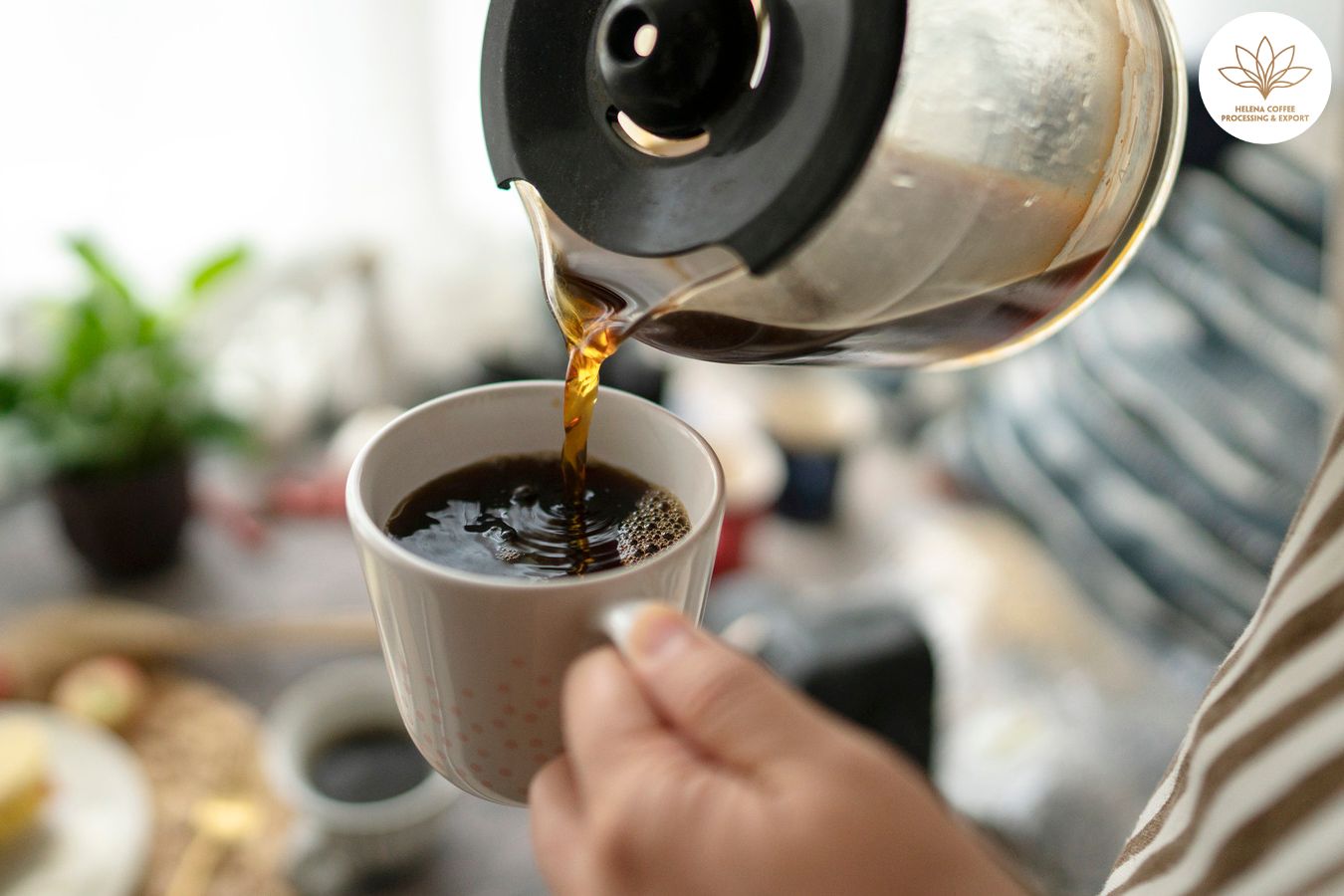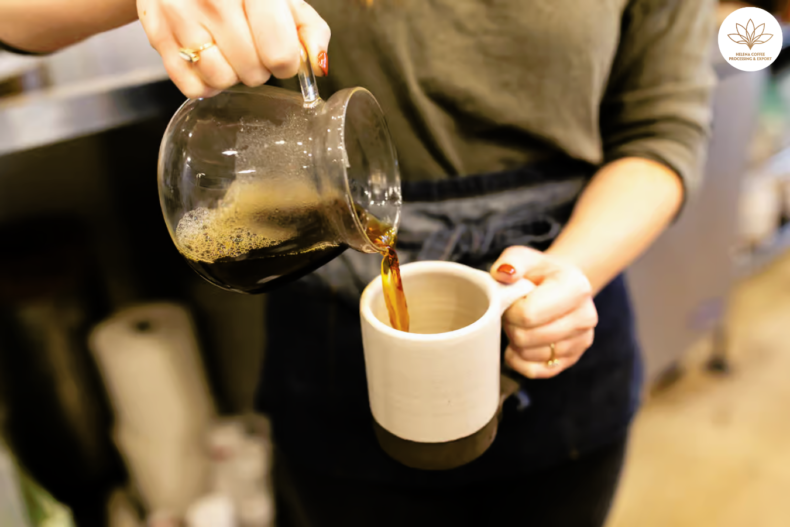
Specialized water for making coffee: Ask any barista – water is everything. Up to 98% of coffee, it directs flavor. So “designer” coffee waters proliferate, each touting taste tweaks. Latest is DesignerWater – a Danish brainchild promising optimized minerality. But do we need such solutions?
As a coffee water expert, I have doubts. Beyond basic filtration, perceived value decreases. Once you perfect water fundamentals, marginal gains become questionable, especially for casual drinkers. While promising for enthusiasts, for most fans the difference is imperceptible. And inundating the market risks muddying quality perceptions.
In the end, flavor depends on your palate. For discerning drinkers, these waters may unlock new dimensions. But for the average Joe, the returns likely don’t justify the cost. Before buying the hype, scrutinize your real needs. Often simple methods suffice. Let your tongue guide you beyond flashy marketing claims. Only you can decide if designer waters are worth their weight.
SPECIALTY COFFEE’S FIXATION WITH THE “PERFECT” BREWING WATER
Water wizards thirst for the mythical perfect brewing H2O. But between RO systems, mineral packs, and designer bottled brands, have we gone overboard?
As a water authority, I get the appeal. Tailoring mineral content seems logical with water so crucial to quality. But more isn’t necessarily better. Over-engineering risks over-mineralizing, distorting taste.
The core question – does your starting water actually need enhancing? For places with poor water, mineral balancing provides welcome customization. But with high-quality tap water, will these products elevate your cup or just capitalize on obsessive tinkering?
In the end, let your taste buds, not marketing, guide you. Try various options, but focus on your specific needs, not dazzling claims. Often simple filtration suffices. For most, the “perfect” water prioritizes pragmatism over costly extras. As with coffee, balance and restraint produce the best brews.
A PASSING TREND, OR HERE TO STAY?
Water’s central role is clear – the quest for better brewing H2O will persist. But in a crowded market of mineral packs and optimized bottles, how to separate snake oil from solutions?
The core questions remain – does your starting water need anything? Will a product provide tangible improvements or just marginal gains? Let your specific needs and palate guide you, not bold marketing claims.
For most, basic filtration and moderation may already produce an exemplary cup. The “perfect” water balances pragmatic performance with a nuanced profile. More salts or filtration stages don’t guarantee better brews.
Of course, continued innovation is welcome and interest indicates an engaged community. But avoid getting lost in minor details – focus on foundational water quality first. With obsessive tinkering, it’s easy to over-engineer and distort subtleties.
“But the reason that it’s so popular is that it offers control,” Maxwell continues. “So if you live in an area where your water source isn’t very good, then adding mineral salts is a good solution.”
In the end, finding one’s ideal water is a journey. But by letting flavor lead the way, not hype, we can brew our best cups yet. Though the search continues, remember – restraint and balance are virtues when approaching water and coffee alike.
In the end, maybe there is no one-size-fits-all solution to creating the perfect water for brewing coffee. With this in mind, considering your options – and understanding where your water comes from – is a vital first step.
It can be a complicated topic, but by knowing how to optimise water for coffee, you able to potentially experience a whole new world of flavour.
FAQS:
